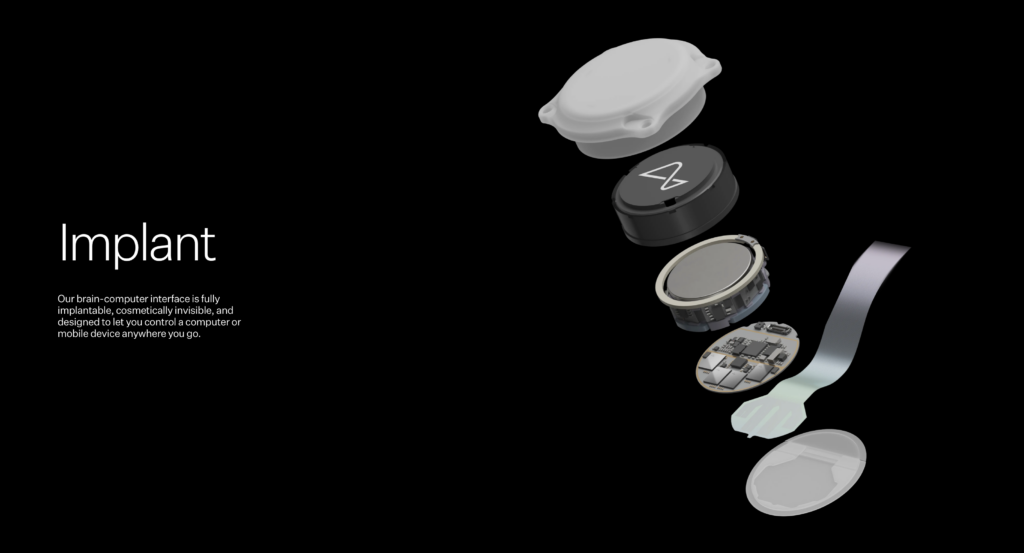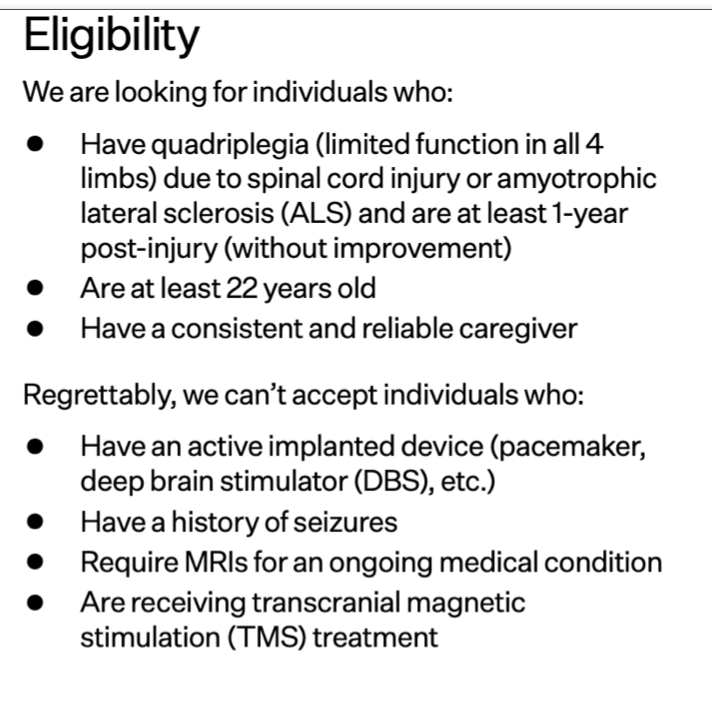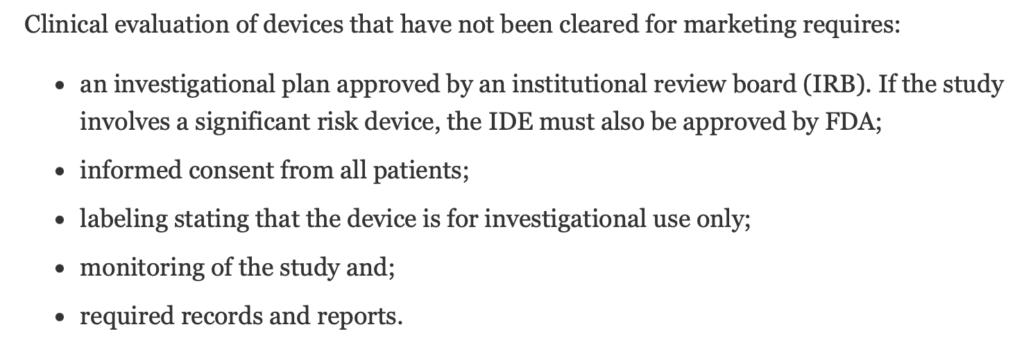Elon Musk’s Neuralink company receives the green light to conduct human trials – but what’s the catch? An earlier trial on monkeys show serious risk.
Last week, Neuralink, the artificial intelligence company Elon Musk founded in 2016, announced recruitment for its first human trial. The news was shared on another one of Musk’s company platforms – X – aka Twitter. The company said it had received approval from the reviewing independent institutional review board and its first hospital site to begin human trials.

The study is different than the traditional FDA approval process for medical devices. Instead, it comes through an FDA exemption. It is being conducted under the investigational device exemption (IDE) awarded by the FDA in May 2023 and represents an important step in the company’s mission. Specifically, it is looking to test the device on people with unmet medical needs. Those who have quadriplegia due to cervical spinal cord injury or amyotrophic lateral sclerosis (ALS) may qualify. The participants must also meet the following criteria:

What’s the promise?
The promise of Neuralink is unlimited: imaging just thinking to draft an email on your computer instead of type. In a foreign country and want to speak the language? Download it with just a thought. Yet Musk’s strategy is to stage the testing and promise, starting with the most medically promising applications.
The WSJ first revealed that the Tesla-founder had founded a company that was working on developing “cranial computers” years ago. The article revealed the market vision for Neuralink, as well:
“people say the first products could be advanced implants to treat intractable brain disorders like epilepsy or major depression, a market worth billions of dollars…perhaps it then could move on to cosmetic brain surgeries to enhance cognitive function. “ The Wall Street Journal
What will the study target?
According to Neuralink documents, a robot will be used to surgically place the N1 implant threads in a region of the brain that controls movement intention. Once in place, the N1 implant is cosmetically invisible and is intended to record and transmit brain signals wirelessly to an app that decodes movement intention. The initial goal is to grant people the ability to control a computer cursor or keyboard using their thoughts alone.
The dangerous catch
While the promise of AI is unlimited, the potential damage to human life is real. Already, a company test of Neuralink on monkeys may have led to their deaths, something Musk addressed on X in a (now deleted) tweet:

A new must-read Wired piece, it is written that letters were sent to the SEC “by a medical ethics group call on the agency to investigate Musk’s claims that monkeys who died during trials at the company were terminally ill and did not die as a result of Neuralink implants. They claim, based on veterinary records, that complications with the implant procedures led to their deaths.”
In the same piece reveals that “in a presentation last fall Musk claimed that Neuralink’s animal testing was never “exploratory,” but was instead conducted to confirm fully formed scientific hypotheses. “We are extremely careful,”” he said.
Yet, the piece shares sad details of test subjects, like “Animal 15” a female monkey who, would “press her head against the floor for no apparent reason; a symptom of pain or infection, the records say. Staff observed that though she was uncomfortable, picking and pulling at her implant until it bled, she would often lie at the foot of her cage and spend time holding hands with her roommate.” She subsequently died.
Because Neuralink is not public and instead has taken $280m from outside investors, it is not required to disclose trial information. Instead, medical ethics groups have called on the SEC to investigate. With its upcoming IDE trials, additional reporting will be required. Though it is unclear how much or what will become public from these reports.
